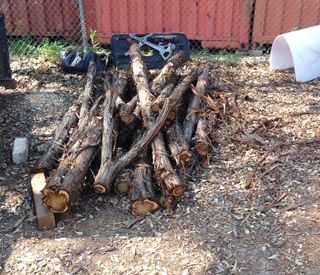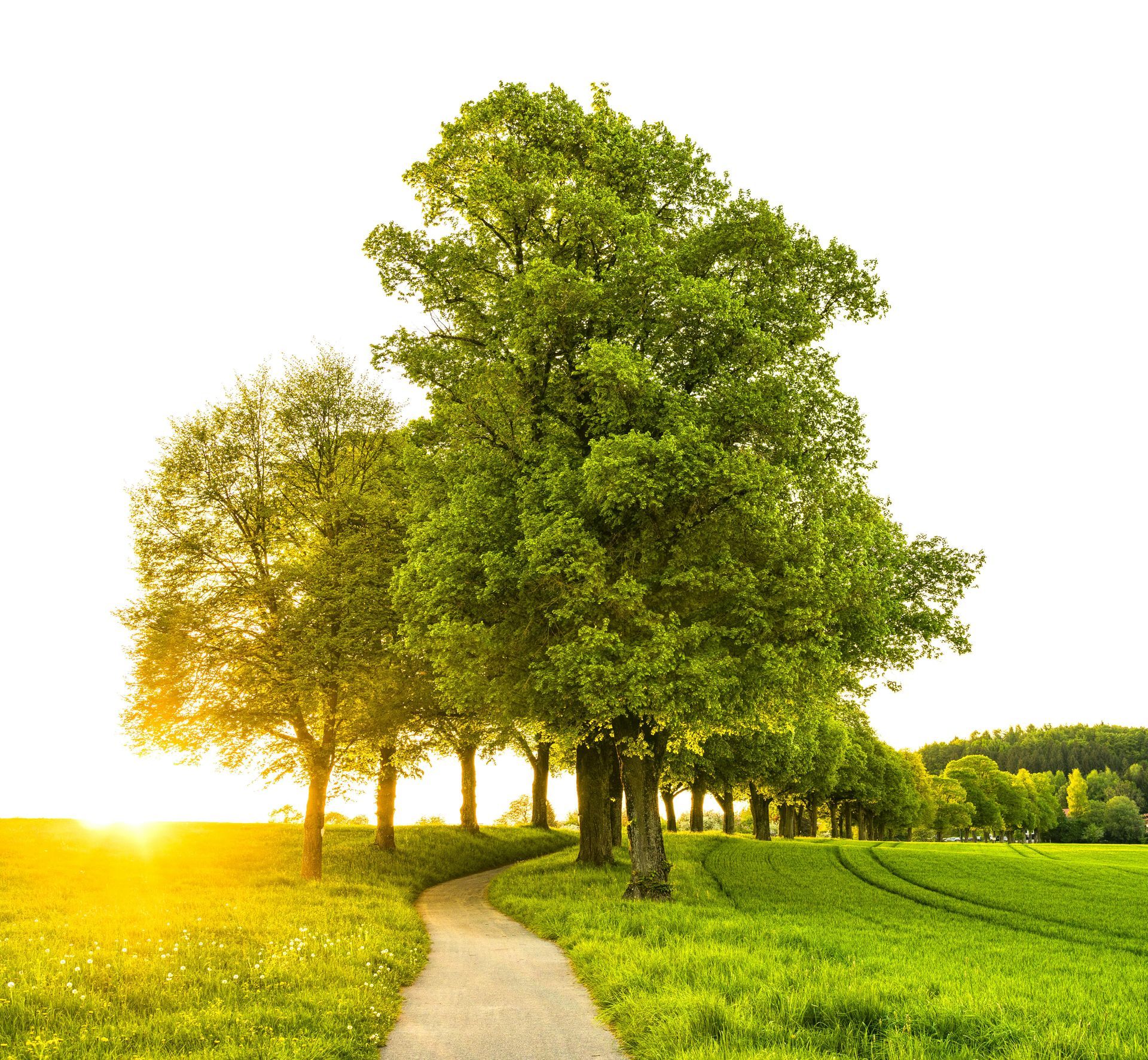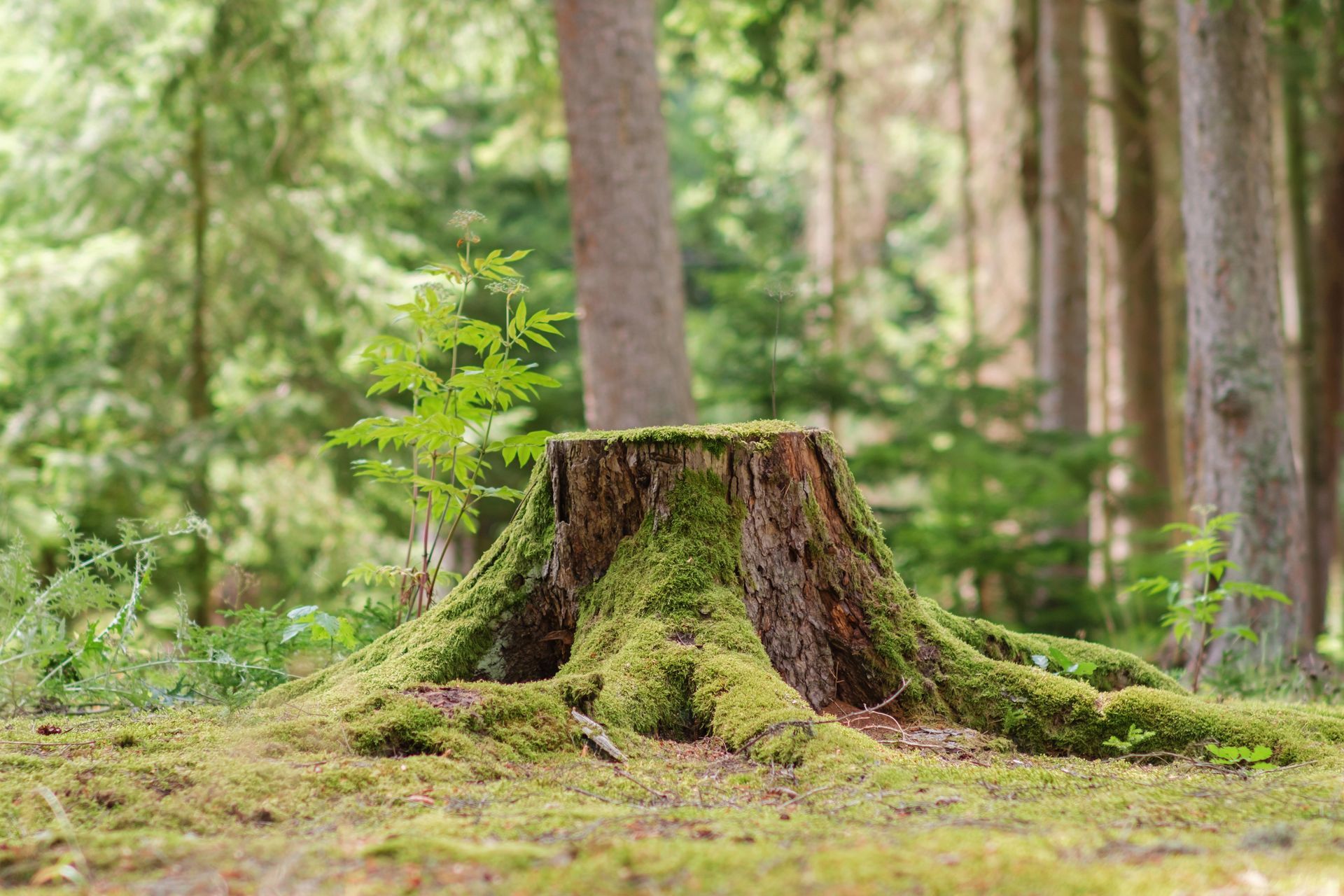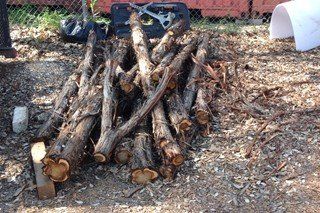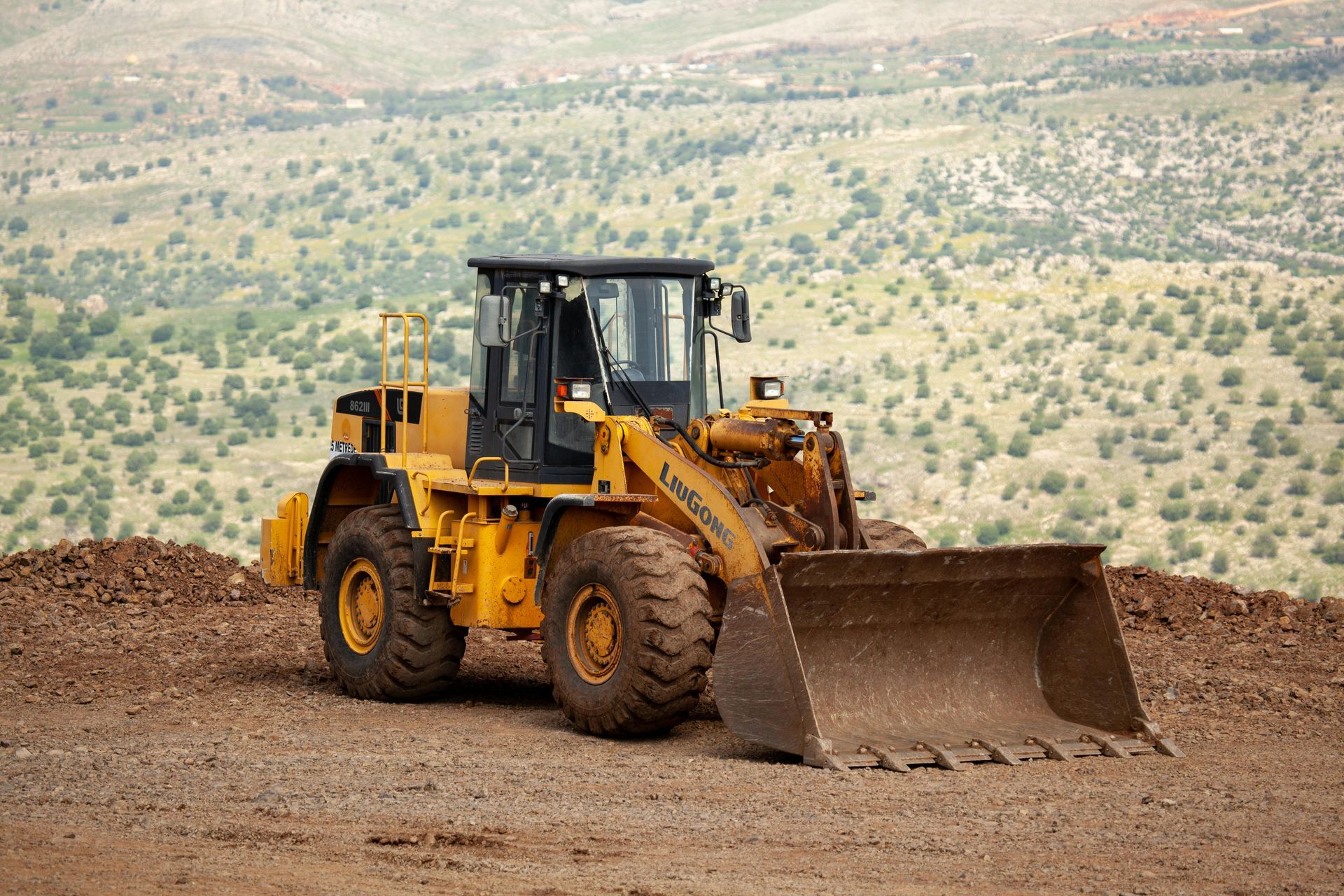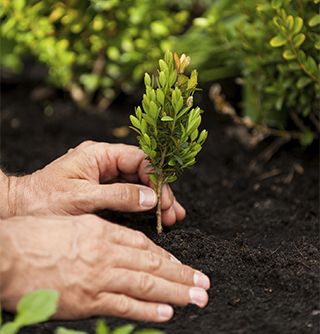How Do I Know if a Tree is a Safety Hazard?
Signs to Recognize of a Hazardous Tree
Trees add beauty, shade, and value to any property. But sometimes, what looks like a healthy, strong tree might actually pose a risk to your safety and property. Trees can be hazardous for a variety of reasons, from structural issues to environmental damage. Identifying these risks early can prevent accidents, injuries, or costly repairs.
Learn the ways to assess whether or not a tree might be a safety hazard. There are specific warning signs to look and hints to let you know to call a professional. If you have a hazardous tree on your property, regular maintenance can keep both your trees and property safe. Here are the important signs to tell if a tree is hazardous.
1. Dead or Weak Branches
Dead or brittle branches are often obvious signs of a problem. These branches may appear dry and leafless, even during growing seasons, which are signs that they may easily snap and fall. If this happens, it can happen without warning, resulting in branches falling down on nearby people, cars, or buildings. The risk increases during storms or windy conditions.
2. Leaning Trees
While some trees naturally have a slight lean, a sudden or pronounced change in a tree's angle is cause for concern. A leaning tree could indicate root instability or internal structural problems, making it more likely to fall unexpectedly. Keep an eye on the angle of the tree. If it leans significantly or the soil near the base appears disturbed or lifted, it could be a sign or weakening roots.
3. Cracks and Splints in the Trunk
Cracks or splits in the trunk can compromise a tree's structural integrity, especially if they are deep or located near the base. Large cracks weaken the tree's ability to support its branches, making it more susceptible to breaking in heavy winds or storms. Check the trunk for visible splits, holes, or cracks. Take note of any areas where the bark is peeling or falling off, as this could indicate a decaying interior.
4. Root Damage
The roots anchor a tree and absorb the nutrients it needs to thrive. Damaged or exposed roots can destabilize the tree and deprive it of essential resources. Weak roots reduce a tree's stability, increasing the likelihood of it toppling over. Examine the ground around the tree for damaged or exposed roots. Construction work, soil compaction, or nearby excavation can harm the root system. If there are fungi or mushrooms at the tree's base, it could indicate root decay.
5. Signs of Disease or Decay
Diseases can affect a tree's structural integrity and health over time. Visible signs of decay are usually a major red flag. A diseased or rotting tree is significantly weaker and more prone to breaking. Look for symptoms such as fungus growing on the trunk or branches, hollow or soft spots, discolored leaves or foliage dieback, and strange growths, cankers, or oozing sap.
Contact Our Arborist To Keep Your Trees Safe!
Trees are wonderful additions to your property, but neglecting their condition can lead to unexpected hazards. By regularly inspecting your trees and addressing potential risks, you can protect your family, property, and the environment. If you suspect a tree on your property might be a safety concern, reach out to a professional arborist like P & R Tree Service for help. Our experienced tree service has been removing hazardous trees in Central Texas for years. We have all the knowledge needed to perform safe tree removal in Austin, TX; San Marcos, TX; and Round Rock, TX. Call us today to schedule an appointment for hazardous tree removal.

